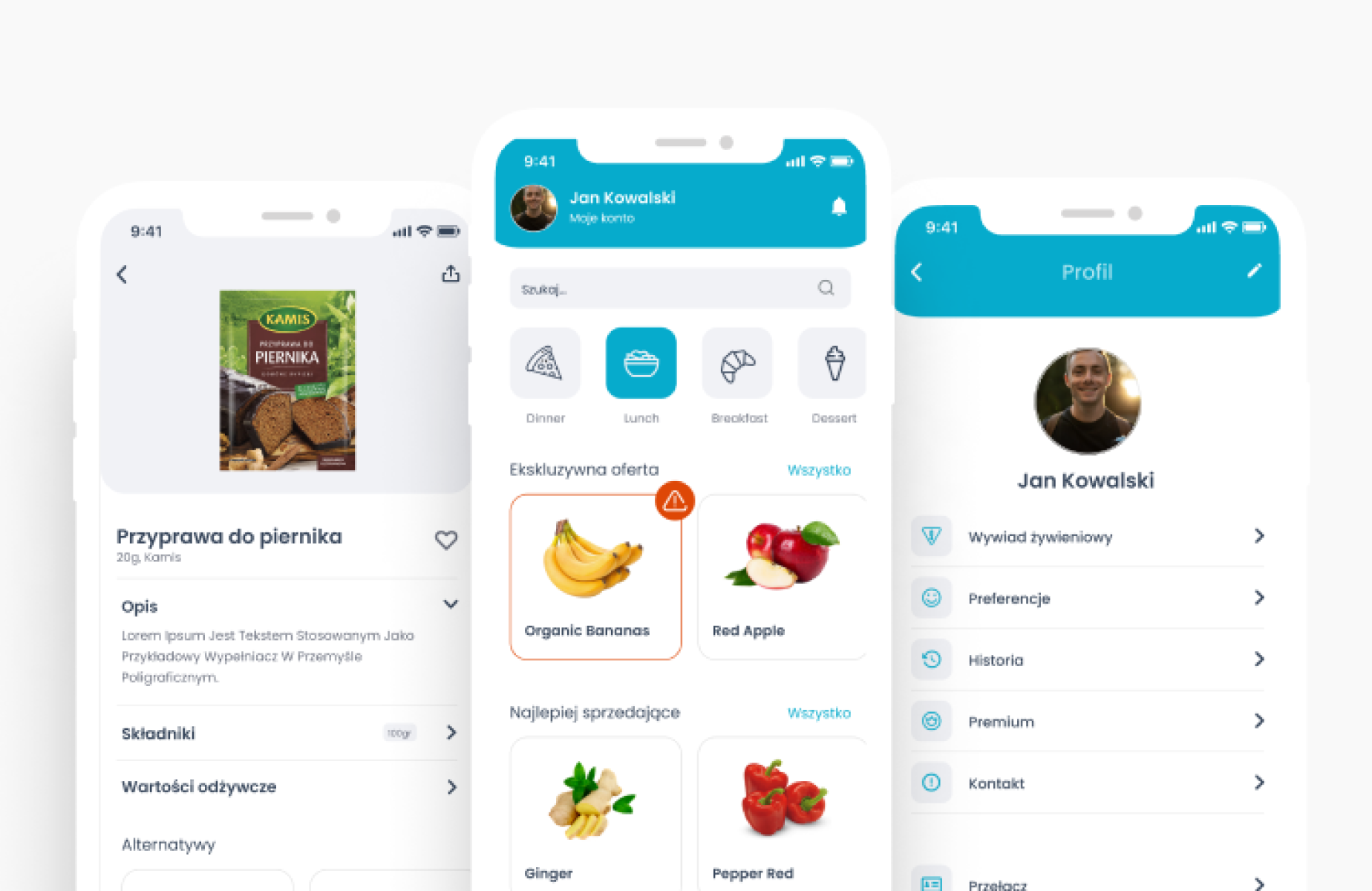One of the most common mistakes made by both first-time and experienced entrepreneurs is overbuilding their first product release. The reason behind it is often the fear of underbuilding and releasing a product that fails to capture the attention of users. Another reason why so many founders overbuild their products is that subconsciously, they might simply be afraid to release it and do everything they can to push its date.
But overbuilding gives you no guarantee that customers will want the product. In fact, it only delays potential failure. It doesn’t help entrepreneurs address problems early on. That’s why starting with a Minimum Viable Product (MVP) is the best strategy for success.
Here are 4 good reasons that MVP for startups is the best move you can make for your product.
1. Focus on the core value proposition
Defining a Minimum Viable Product – MVP is a valuable exercise on its own because it forces founders to constantly ask whether a particular feature or work will impact their value proposition. They need to define that value clearly. They need to know exactly what kind of value they want to provide their target audience with and how they’re going to do that. Building an MVP for startups offers an excellent opportunity for reexamining your product vision. It allows you to set clear objectives and decide which features need to be developed first so that you can test your value proposition on the market. That way, you avoid the risk of spending a lot of money on building a product that doesn’t match user requirements.
Do you want to create a digital product? Our team is ready to help you to find the optimal solution that will meet your specifications and achieve your business goals.
Get in touch with us2. Reduction of rework
If you pack your first release with a bunch of extra features on top of your core product, its value proposition might become unclear to users. Moreover, a complex product might affect the first user experience of the early adopters. Don’t forget that they buy your product not because of its extra features, but because its core helps them to solve a specific problem.
You may spend days or weeks on market research, but nothing will give you as many insights and value as testing your product on the market. Extended development of an unreleased software product is risky because all your effort is based on nothing more than assumptions. Ultimately, there’s no way to know whether customers want your core product or not without releasing it to the market.
So, why MVP for startups?
A Minimum Valuable Product allows building just enough to validate your hypotheses. So if the rework is necessary, its amount will be minimal. That’s why keeping the initial product release minimal is a smart move. Make the subsequent releases incremental as well – you’ll be more nimble and able to quickly respond to market changes.
3. Start building your customer relationship early on
A Minimum Valuable Product targets early adopters and allows them to start building a relationship with them sooner. They don’t expect all the extra features that the early majority or late majority might want. The early adopters will understand that they’re dealing with a product in its initial phase and provide you with heaps of valuable feedback. That way, you’ll validate your value proposition sooner and create a market-informed product roadmap. Also, if you manage to catch the attention of the early adopters, you can be sure that they share your product with their followers to help you build a community around it.

4. Testing key business functions
By bringing your product to market sooner, you’ll also test your marketing approach and sales channels. Testing these business functions end-to-end will also allow you to test your business model assumptions about issues such as customer acquisition cost or customer lifetime value.
Testing business function early also enables the team to improve the weakest functions quickly and avoid putting your product at risk. An MVP for a startup ensures that all aspects of the business are performing up to your expectations before you start scaling your product.
If you’re looking for a company that helps startup to develop a successful MVP. Get in touch with us! We’ve helped many startup founders achieve success in their industries by equipping them with quality digital products.







